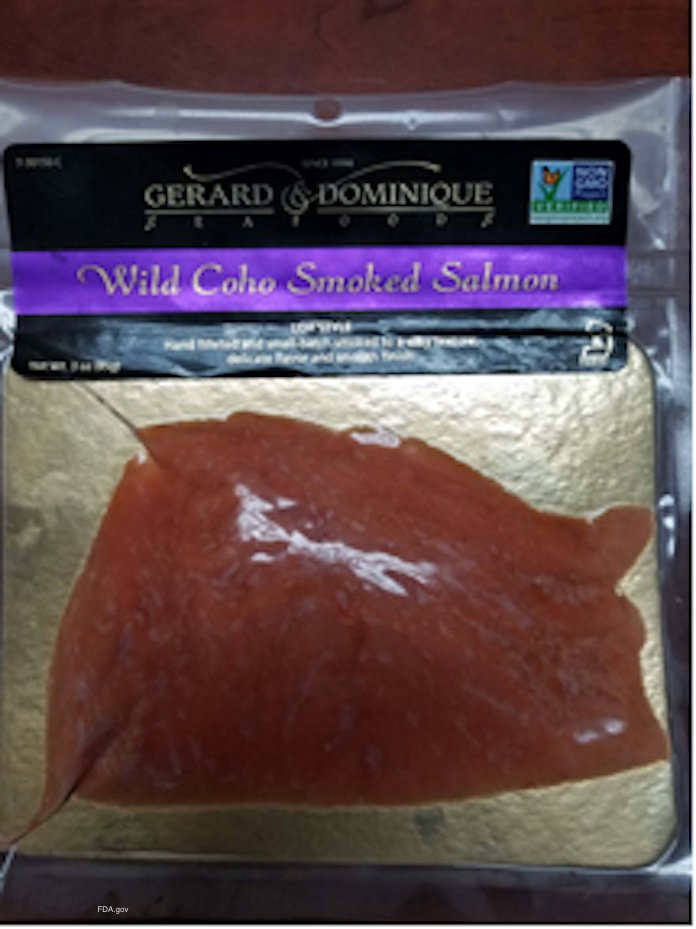Seabear Company of Anacortes, Washington is voluntarily recalling 1,225 units of Cold Smoked Wild Coho Salmon Lox for possible Clostridium botulinum contamination. This bacteria can cause a life-threatening illness in a very tiny amount of contaminated food. No illnesses have been reported to date.
The recall was started because the product’s water phase salt testing was below 3.5%. The product must stay frozen until it is eaten because of this salt concentration. The labeling instructions state to freeze or refrigerate and that once it is thawed, the product can be kept in the fridge unopened for up to 30 days, but those instructions are incorrect. If this product stays in the fridge after thawing in its reduced oxygen packaging, the Clostridium spores could grow, producing the toxin.
The recalled product is Cold Smoked Wild Coho Salmon Lox in 3 ounce (85 gram) units in reduced oxygen packaging. The lot number is CSCO-17339, the Pack Date is 17-340, and it has the UPC number 7 52047 92635 4. IT was sold to distributors in California, Maryland, and Washington state between 12/8/17 and 4/10/18, and it may have been further distributed and sold through retail stores at least in these states.
Consumers must keep the product frozen until it is used, and only thaw under refrigeration immediately before use. If you have this product that has been thawed and refrigerated, throw it out immediately in a sealed container, even if it doesn’t look or smell spoiled. Botulism toxin does not affect the taste, color, smell, or texture of a food.
The symptoms of botulism food poisoning include weakness, dizziness, double vision, and difficulty swallowing and speaking. Abdominal distension and constipation may also be symptoms. If you have been experiencing these symptoms, go to a doctor immediately.





